In this day and age of smart homes, modern security systems have evolved to not feel like one more thing you need. One of the most freedom and security enhancing developments out of these is, however smart locks that allow you to better control who enters your home while ditching the keys for something more digital. Of course, that leads many people to the next question: What about power outages? Can my high-tech security do anything for me then still too. This article is part of a Smart Lock peer reviews series that learns how smart locks by Locstar are resilient to these scenarios where no power exists -as we discussed in our topic.
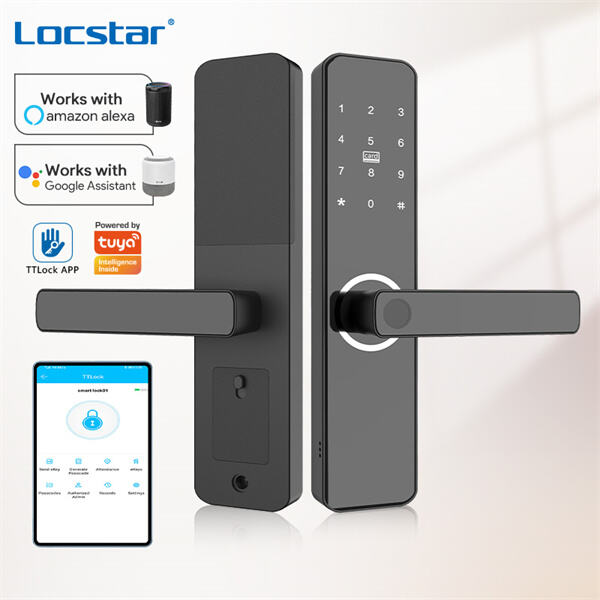
How do Smart Locks operate during Power Outages
Battery powered (smart) locks or on the house electrical system. They function depending on how they are designed and where their power is sourced. This is one of the reasons why battery assisted models are considered to be more immune since they can run even when there less power or no power but have some charge left in its item. By comparison, it may look as though hardwired smart door locks can easily be broken into, but the majority of these systems have a safety net in place to keep them functioning should everything go awry.
How to Ensure You Could Enter Your House Using Smart Locks At Home Without Electricity
Backup Power Sources: This is a secondary but important strategy followed by few smart locks. Some of the capacitors in all but older smart locks reserve electricity to perform a few lock/unlock procedures after power interruption, which can help prevent users from unintentionally locking themselves out when there are brief blackouts. With some models having replaceable batteries, it is possible to have an extra one at hand in case of any need for a swap out ensuring that your operation does not stall.
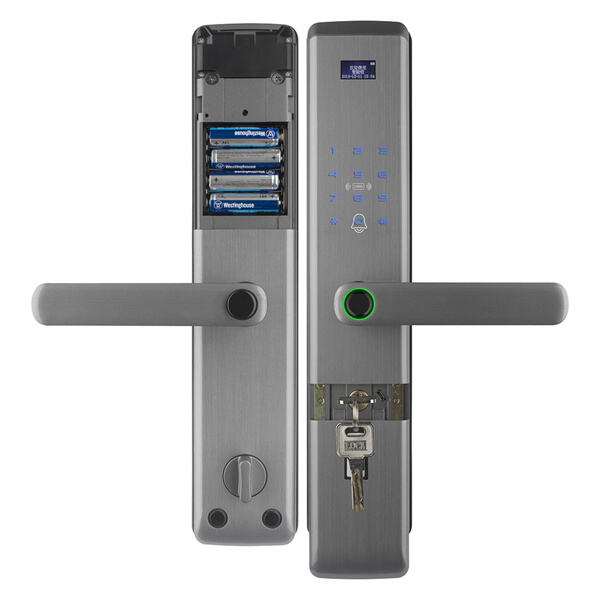
Backup Plans for Smart Lock Operation Continuity
Manufacturers, however, have included few backup mechanisms in order to enhance the reliability of smart locks. However some Smart lock on door are capable of being issued mobile app commands and can initiate remote access, regardless if there is electrical failure. These could communicate with the lock over Bluetooth which didn't require much, if any, always-on power - so that an authenticated user would still be able to open their own door. Don’t worry the other models too can get you an extra battery replacement and will power up with help of a external battery pack or solar panel. A very sustainable efficient solution over time when struck by any change in electricity supply.
Power Backup for WiFi and Bluetooth in Off mode
While this feature provides additional functionalities such as monitoring and control using Internet, it is limited by the same fact: power outage would take down your WiFi router. Here, we have the Bluetooth Low Energy (BLE) technology. And even if a device in your possession has an access card or app, albeit the door is nearby BLE can communicate with smart lock and compared to WiFi it consumes very less power. It's useful for the moment if someone loses power even-if you're within a few feet of a locked door, we could still use our phone to unlock it.
Smart Locks - Battery Management and Emergency Access Features
If a lockout passed away your battery, then it is therefore important for you to treat the situation of your battery wisely and no more surprises anymore. More advanced smart locks use batteries that can last up to an entire year but provide notifications alerting you when the battery is dying. This proactive way of thinking means homeowners can change batteries out before they are at a critical point. A clear majority of models are fitted with emergency access protocols too, ensuring you can get anywhere quickly and safely. That could entail emergency physical override keys, and/or codes for the touchpad to guarantee that entry would somehow remain possible when your state-of-the-art smart lock decides one day just not work anymore.
To sum up, we can probably get back into our home even when the power fails on these new integrated smart locks. Such brilliant home facilities as a smart engineering from backup power supplies to Bluetooth enabled lock models, and public batteries managing deployments will keep them glowing. The rollouts of these upgrades illustrate just how adaptable today's smart home technology is as homeowners can continue to rely on their trusty locks, and strengthens the case for inclusion in modern home security.

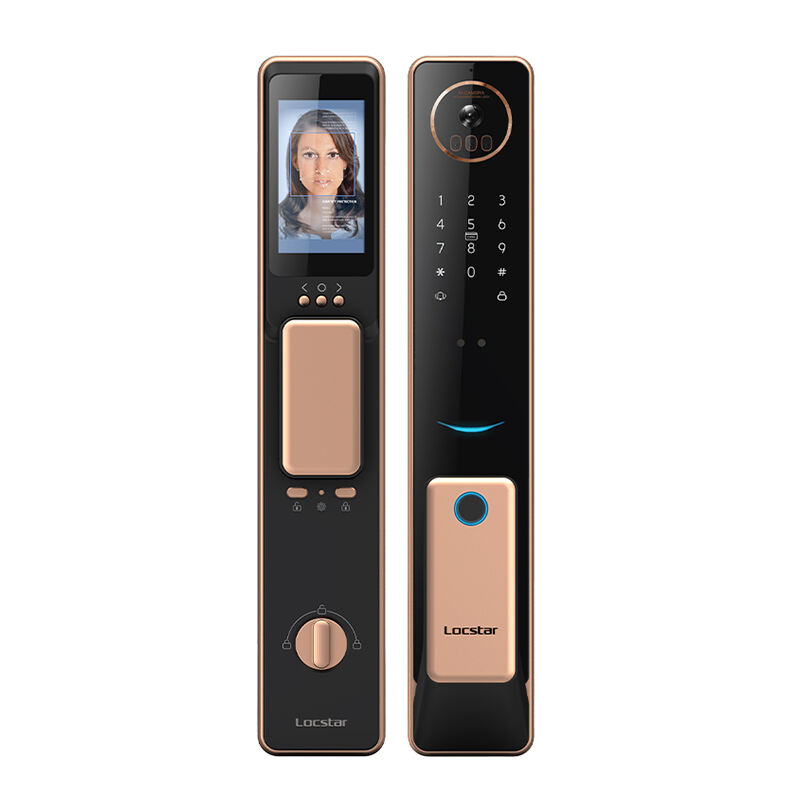

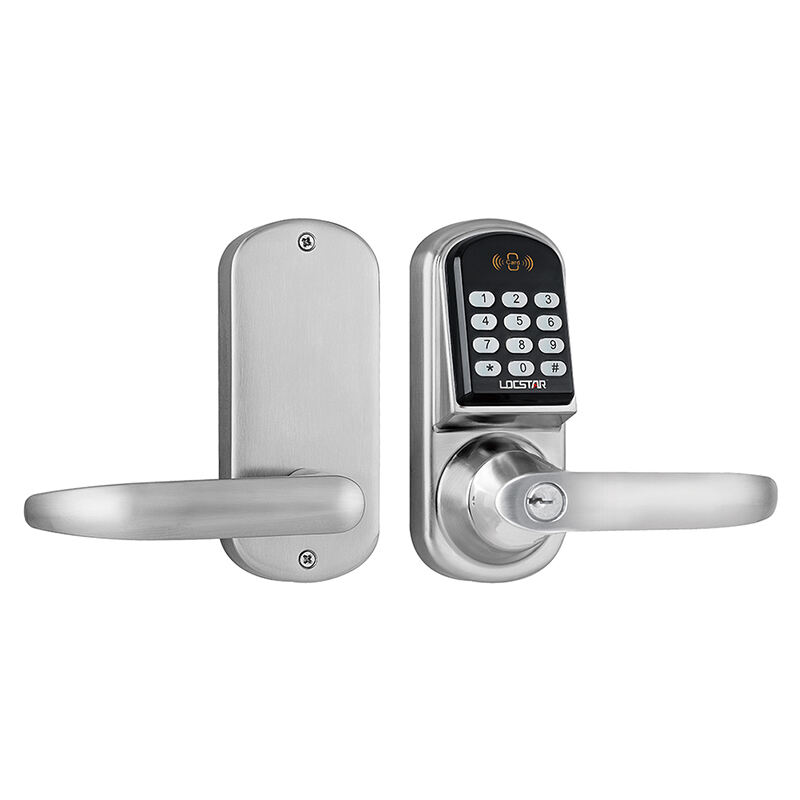
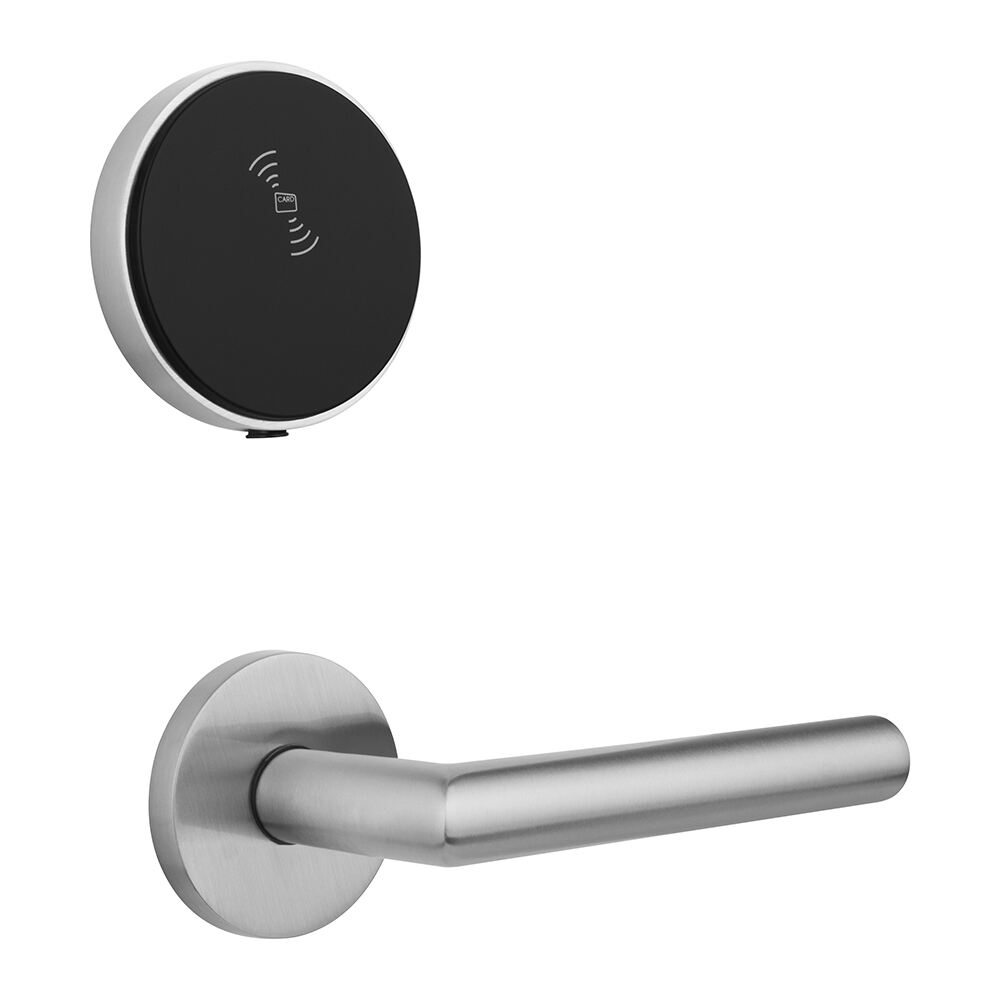
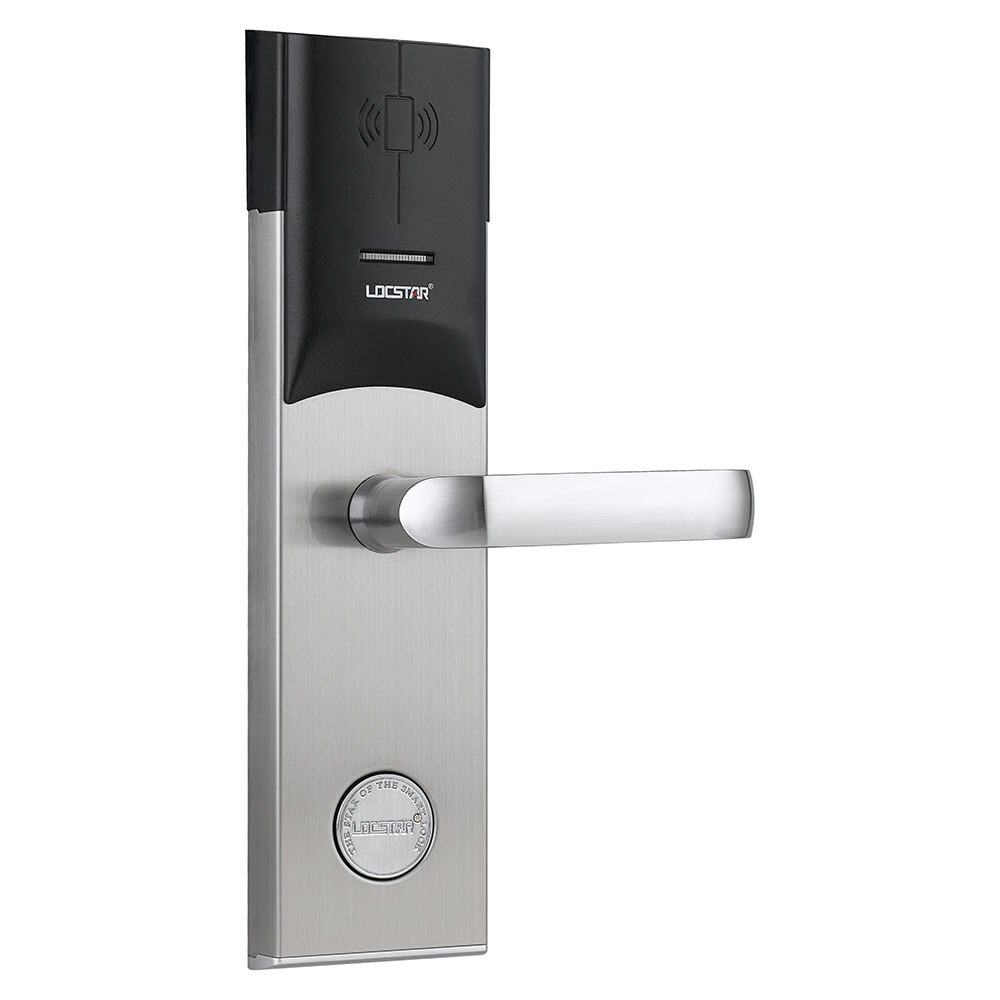
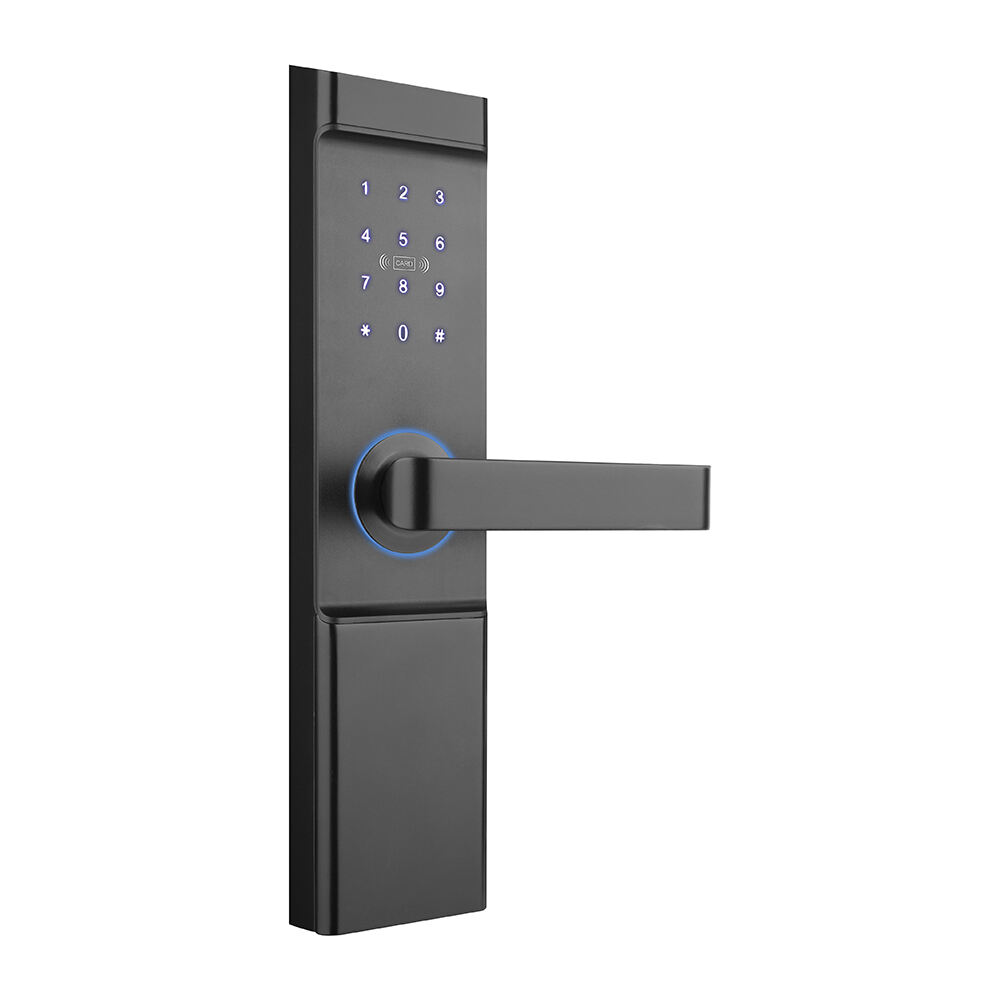
 EN
EN
 AR
AR
 BG
BG
 NL
NL
 FR
FR
 DE
DE
 EL
EL
 HI
HI
 IT
IT
 NO
NO
 PL
PL
 PT
PT
 RO
RO
 RU
RU
 ES
ES
 SV
SV
 TL
TL
 ID
ID
 LT
LT
 SR
SR
 UK
UK
 VI
VI
 SQ
SQ
 HU
HU
 TH
TH
 TR
TR
 FA
FA
 SW
SW
 GA
GA
 BE
BE
 AZ
AZ
 KA
KA
 UR
UR
 BN
BN
 BS
BS
 MN
MN
 NE
NE
 MY
MY
 KK
KK
 UZ
UZ
